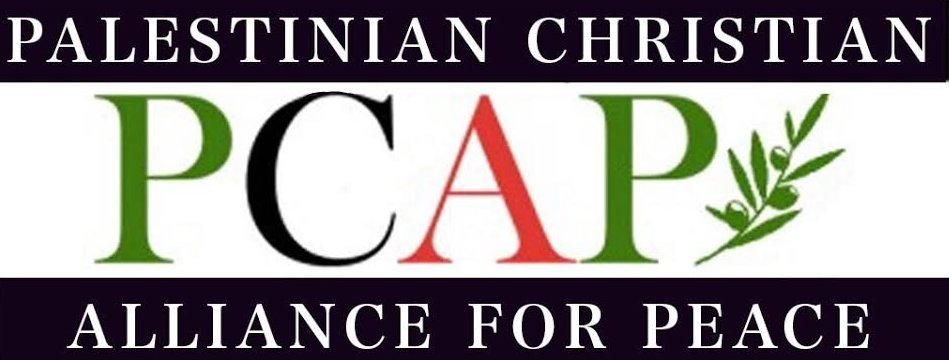Zionist Settler-Colonialism Has Its Ideological Roots in Euro-Centric Christian Colonialism
In this second article of our Christian Zionism series, we look at how Herzl’s Zionism brought very little that was new: The concept of “return to Zion, the Promised Land;” the superior rights of the conqueror to that of the indigenous people; the forced expulsion of indigenous people from their land; the branding of resistance as terrorism—all of these cornerstones of the establishment of Israel and its continued existence as a Jewish State, have their roots in Christian European Zionism.
In our first, introductory article, we discussed the origins of modern Zionism as an offshoot of European settler-colonialism, which has roots in the bloody Doctrine of Discovery. This doctrine was articulated in Papal “Bulls,” a type of official decree, dating back to the fifteenth century that lay the grounds for the genocidal colonization of the “New World” by Spain and Portugal. Modern settler-colonialism continued to invoke the same ideology of Christian, Eurocentric superiority that was contained in the Doctrine of Discovery. It did so as it was subjugating indigenous peoples in Australia, South Africa, Algeria, North America, and elsewhere.
The concept of Zion dominated the thinking of many Christian Europeans who fled persecution in their own countries and came to conquer “new lands,” where they ethnically cleansed indigenous peoples. When the Puritans came to America in the early seventeenth century, they sought “the establishment of Zion and/or New Jerusalem. ... They saw themselves as a modern Israel who fled captivity [and] conquered in a promised land.” Less overtly racist and violent manifestations of this colonial ideology, such as the concept of “Manifest Destiny” in the United States, drove further conquest of what became the The concept of Zion dominated the thinking of many Christian Europeans who fled persecution in their own countries and came to conquer “new lands,” where they ethnically cleansed indigenous peoples. When the Puritans came to America in the early seventeenth century, they sought “the establishment of Zion and/or New Jerusalem. ... They saw themselves as a modern Israel who fled captivity [and] conquered in a promised land.” Less overtly racist and violent manifestations of this colonial ideology, such as the concept of “Manifest Destiny” in the United States, drove further conquest of what became the Western United States. However, the end result of the more liberal variants was the same: ethnic-cleansing of the dispossessed indigenous people or their forced concentration into areas where they were subjugated and pauperized.
In their justification for the ethnic cleansing of the indigenous people whose lands they took by force, the more hawkish colonists invoked passages from the Bible, such as that in Numbers 33:5-56: “You shall take possession of the land and settle in it, for I have given you the land to possess…. But if you do not drive out the inhabitants of the land from before you, then those whom you let remain shall be as barbs in your eyes and thorns in your sides: they shall trouble you in the land where you are settling.”
Indeed, the indigenous populations of the colonized lands resisted their conquerors, but their resistance was met with brutality and massacres. Resistors were characterized as violent savages or terrorists. A case in point is the American Declaration of Independence which accused the “King of Great-Britain,” among many injustices, of exciting “domestic Insurrections amongst us [by] the merciless Indian Savages, whose known Rule of Warfare, is an undistinguished Destruction, of all Ages, Sexes and Conditions.”
Before the word “Zionism” was coined to describe the ideology that led to the establishment of a Jewish European settler society on Palestinian land, European colonialists had already developed its main ideological features, and many of them did it in the name of Christianity. As early as the 1830’s, the idea of British-sponsored Jewish colonization of Palestine was gaining a great deal of support in England. The Earl of Shaftesbury prepared a Memorandum for his relative, Lord Palmerston, which read, “There’s a country [Palestine] without a Nation and God, in his wisdom and mercy directs us to a nation [Jews] without a county.” Lord Palmerston, who was Foreign Minister at the time (later to become Prime Minister), then directed his diplomats in Jerusalem and Istanbul to actively support the “return” of European Jews to Palestine.
Herzl’s Zionism brought very little that was new: the concept of “return to Zion, the Promised Land;” the superior rights of the conqueror to that of the indigenous people; the forced expulsion of indigenous people from their land; the branding of resistance as terrorism—all of these cornerstones of the establishment of Israel and its continued existence as a Jewish State, have their roots in Christian European Zionism.
Text of the Declaration of Independence | Declaration Resources Project (harvard.edu)
Simon Sebag Montefiore, Jerusalem: The Biography, New York: Vntage Books, 2012, p. 348.
